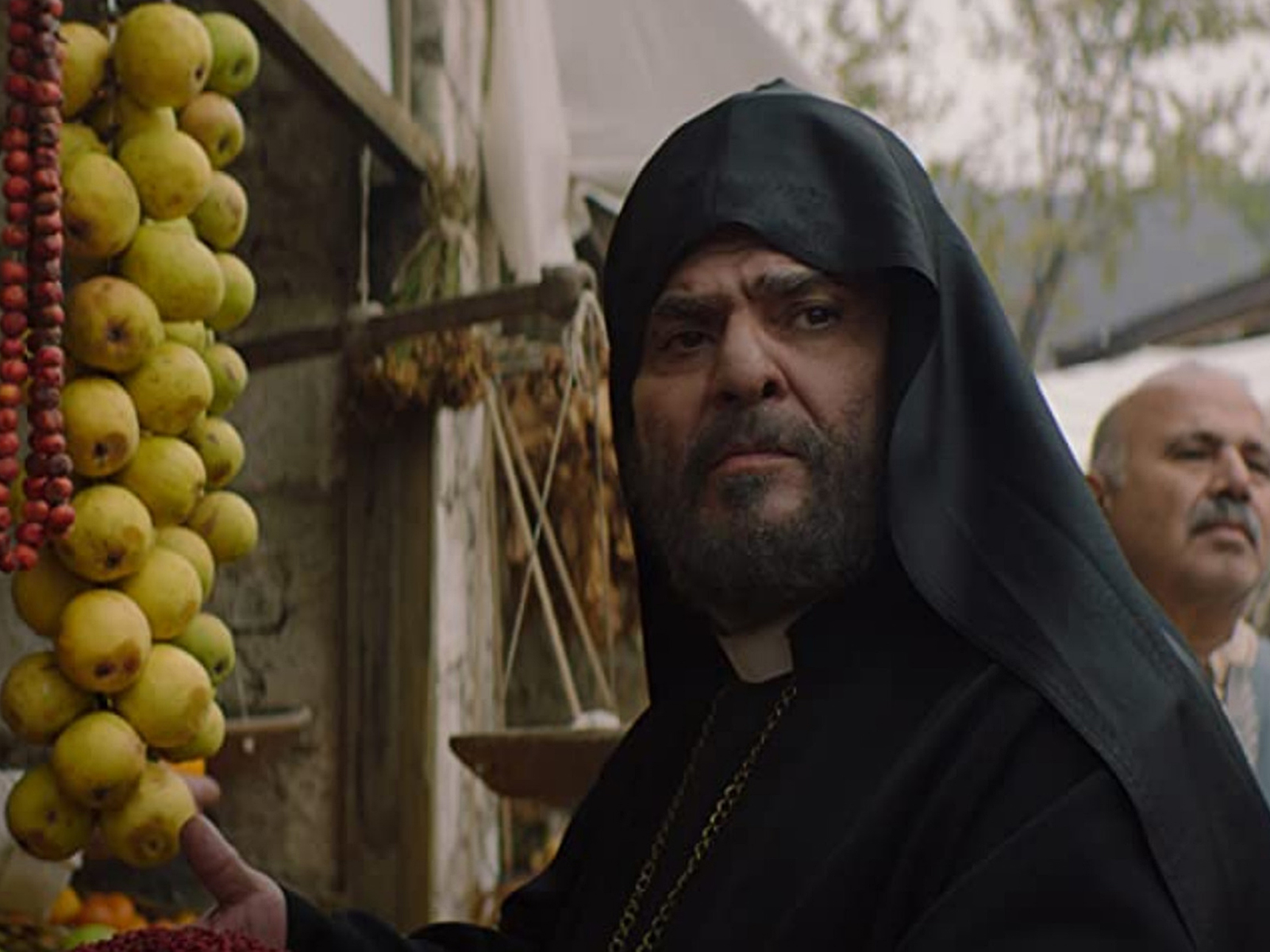
- Golden Globe Awards
Songs of Solomon (Armenia): Interview with Nick Vallelonga
The Armenian film Songs of Solomon is an earnest biopic celebrating the life of the great Armenian ethnomusicologist Komitas, who pioneered adapting folk music into symphonic works, and who during his lifetime transcribed over 3,000 pieces of Armenian folk music, more than half of which were subsequently lost: only around 1,200 are now extant.
But more significantly, it is a painful testament to the systematic genocide of the Armenian people – not the mass murder of 800,000 children and over a million and a half women following the first World War, but the earlier 1895 attempt by Sultan Abdul Hamid II to wipe out Christian Armenians who for centuries before had lived together peacefully with their Muslim neighbors.
Based on a novel, The Past Unsung by Sirvart Kavoukjian, and inspired by true events, Songs of Solomon is a film about a childhood friendship torn apart by the horrific massacres carried out by the Ottoman Empire. It is the story of young Komitas and the two girls, one Turkish, the other Armenian, he grew up with and with whom he shared his love of music. Years later, the two girls have married and prospered, but their friendship is threatened when the Turkish strongman begins his genocidal designs against the Armenian people.
The Turkish friend risks her own life – and the life of her family – to save her best friend, who is hunted down for her religious beliefs. The movie covers the period from 1881 to 1915, ending with the last concert given by Komitas, who was also known as Archbishop Solomon.
Although essentially reduced to the plight of these two women, the film is a painful reminder of what is happening even now in Nagorno- Karabakh at the hands of Azerbaijan and Turkish forces.
Songs of Solomon is co-produced by Nick Vallelonga who two years ago won two Academy Awards and two Golden Globes for original screenplay and Best picture for Green Book.
Vallelonga graciously responded to our questions from his home in Los Angeles.
How did you become involved in this project?
In 2015, I had been one of the producers of a film that was partially shot in and around Yerevan, Armenia. We had a wonderful experience filming there. 2015 was the 100-year anniversary of the Armenian Genocide, so we took the entire production staff to the Genocide Memorial to pay our respects, which was very profound and moving. While we were there, my co-producers told me that they had an important project that they wanted to film entirely in Armenia, again, on a very small budget, and asked if I would like to produce with them. They had an amazing, powerful, heart-wrenching script written by Audrey Gevorkian. I immediately agreed to produce with them. Our hope is that Songs of Solomon will bring attention to Armenia’s history, and open up a dialog for reconciliation and healing, through peace and love.
Are you connected to the Armenian community in Los Angeles?
Yes. My Armenian connection goes back to my childhood, as one of my dearest friends, Peter Ashekian, is Armenian. We met at twelve years old, went to school together, played sports together etc., and became, and still are, as close as brothers. So, I first learned about Armenia’s history, food, culture and strong family values during all the years I spent at Pete’s home with his large loving family. On a professional level, I have close friendships and working relationships with producer Arthur Sarkissian and Academy Award winning screenwriter Steve Zallian.
The film opened in Armenia last November. How has (Turkey’s president) Erdegan reacted to its release?
I do not know if he is aware of the film.